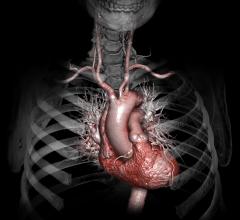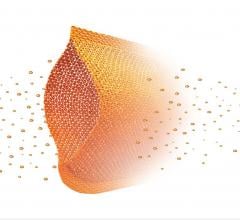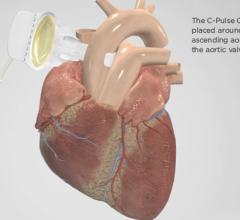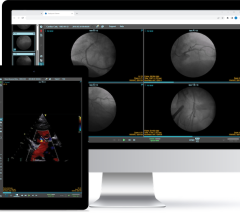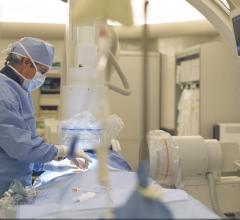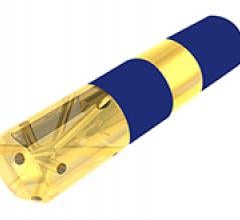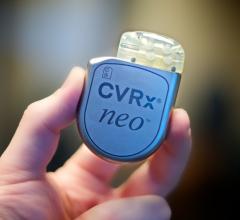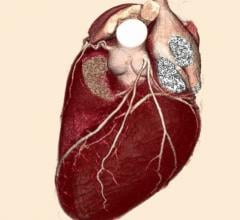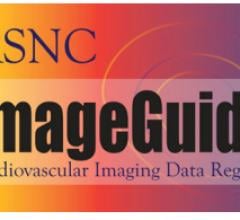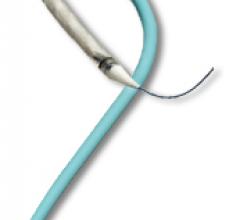Cleveland HeartLab (CHL) announced that it has acquired the MIRISK cardiovascular disease (CVD) risk assessment tool. Developed at Stanford University School of Medicine and validated in an eight-year, 5,000-patient clinical study, MIRISK is a highly accurate tool for determining a patient's potential long-term risk of a heart attack.
AstraZeneca announced that the PEGASUS-TIMI 54 study, a large-scale outcomes trial involving more than 21,000 patients, successfully met its primary efficacy endpoint. The study assessed ticagrelor (Brilinta) tablets at either 60 mg twice daily or 90 mg twice daily plus low-dose aspirin for the secondary prevention of atherothrombotic events in patients who had experienced a heart attack one to three years prior to study start. The primary efficacy endpoint was a composite of cardiovascular (CV) death, myocardial infarction (MI) or stroke.
Medtronic Inc. announced the first patient enrollment in the WRAP Infection Clinical Trial, which will evaluate the effectiveness of the TYRX Absorbable Antibacterial Envelope in reducing major infections in patients with cardiac implantable electronic devices (CIEDs) at risk for infection.
Cardiac PET/CT represents a major advancement in cardiovascular diagnostics, offering significant clinical and ...
In a rural Maine county, sustained community-wide programs targeting cardiovascular risk factors and behavior changes were associated with reductions in hospitalization and death rates over a 40-year period (1970-2010) compared with the rest of the state. Substantial improvements were seen in control of hypertension, cholesterol and smoking cessation, according to a study in the January 13 issue of the Journal of the American Medical Association (JAMA).
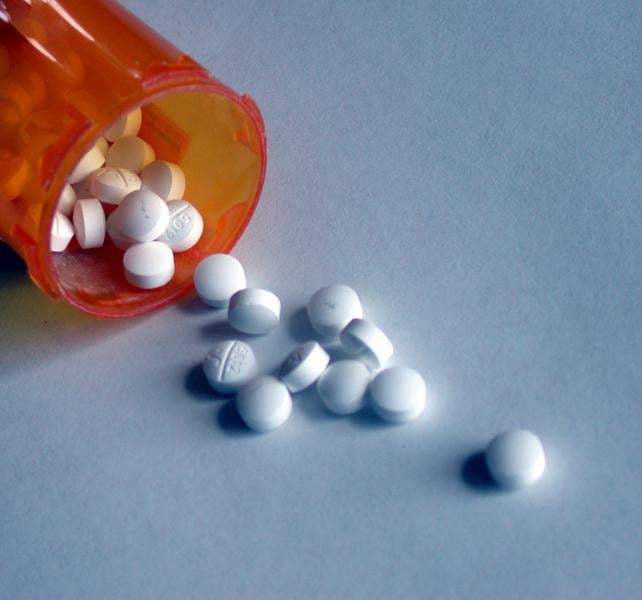
A new post-marketing study evaluating the safety of once-daily rivaroxaban (Xarelto) shows, in patients with non-valvular atrial fibrillation (NVAF), rates and patterns of major bleeding in routine clinical practice are generally consistent with those observed in Phase 3 clinical trials used to approve the medicine for this indication. These 15-month results, published in Clinical Cardiology, represent initial findings from an ongoing, five-year observational study of patients using rivaroxaban daily over the course of their lives.
Sunshine Heart Inc. announced the company's German Erlangen site for the OPTIONS-HF study has implanted its first patient with the C-Pulse(R) System for moderate to severe heart failure.
SPONSORED CONTENT — Studycast is a comprehensive imaging workflow system that allows healthcare professionals to work ...
The number of IVC filters placed has more than doubled in the last 10 years, and by some estimates, less than half of these retrievable devices are actually removed each year.

The latest data on TAVR, transcatheter mitral valve repair, the use of CT to evaluate chest pain, first report on the use of TAVR embolic protection, denervation for pulmonary arterial hypertension, and outcomes with drug-eluting stents vs. bypass surgery.
There could soon be new hope for those facing one of humanity's biggest health issues, thanks to research from the University of Tennessee Knoxville College of Engineering.
Providing exceptional cardiovascular care for patients to achieve the best possible outcomes is the number one goal for ...
A study involving scientists from the University of Leicester has established a link between hypoglycaemia and increased risk of cardiovascular events and mortality in patients with diabetes.
Biotronik announced the first enrollments in its prospective, multi-center, international Reduce-TE Pilot study (Reduction of AF Ablation Induced Thrombo-Embolic Incidence).
The U.S. Food and Drug Administration (FDA) has granted a humanitarian device exemption for the CVRx Inc. Barostim neo Legacy System.
Cardiac positron emission tomography (PET) is growing in popularity among cardiologists because it provides the ability ...
Women who have breast cancer on their left side present a particular challenge to radiation oncologists. Studies have shown that the risk of heart disease is higher in this group of women after radiation treatment because it can be difficult to ensure that a sufficient dose of radiation is delivered to the left breast while adequately shielding the heart from exposure. New research shows a woman who holds her breath during radiation pulses can greatly reduce radiation exposure to the heart.
The American Society of Nuclear Cardiology (ASNC) has announced the launch of the first cardiovascular nuclear imaging data registry, ImageGuide.
Direct Flow Medical Inc. announced the closing of a new round of financing for the company totaling $32 million.

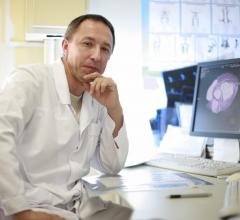
 January 22, 2015
January 22, 2015
